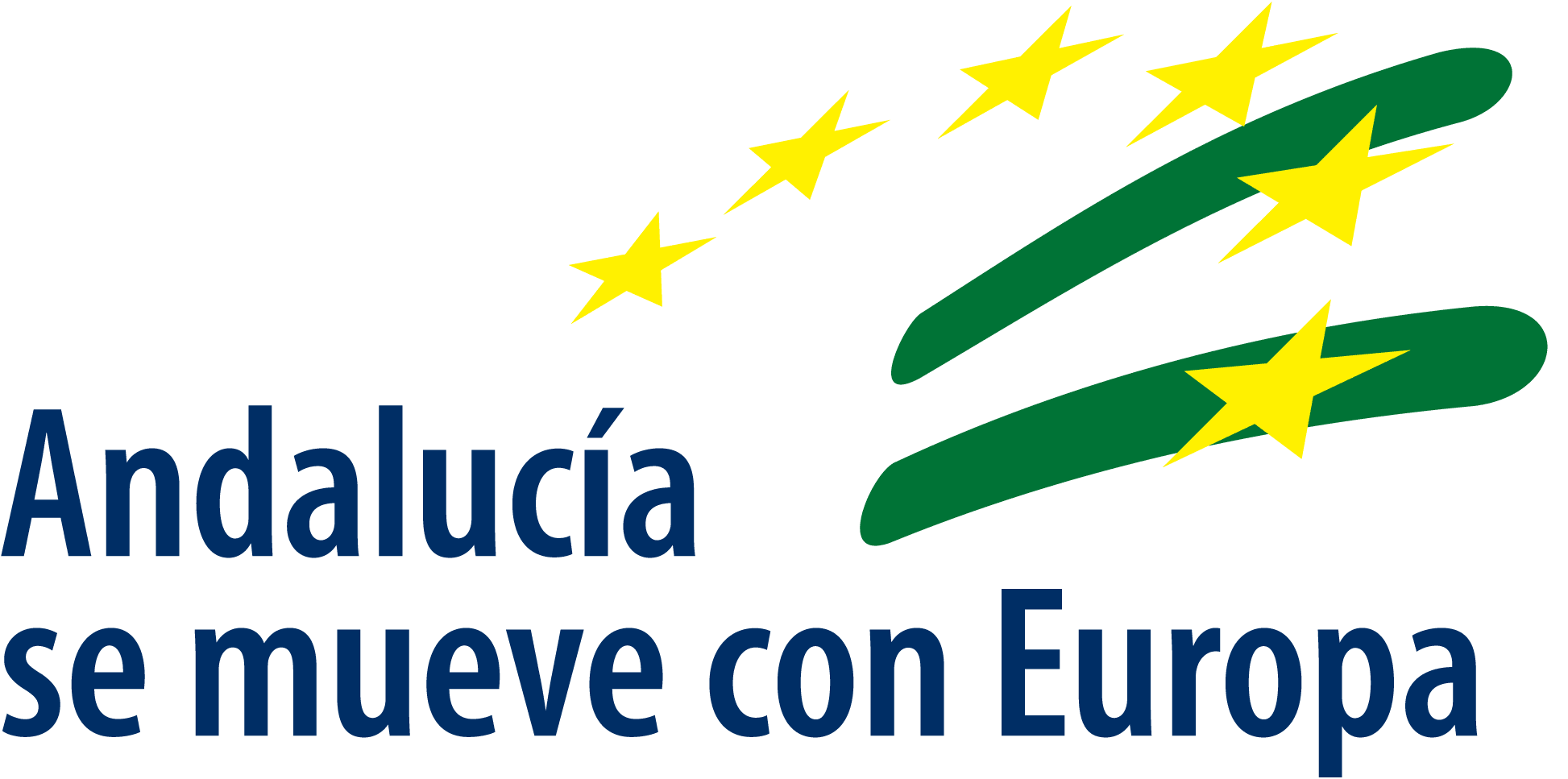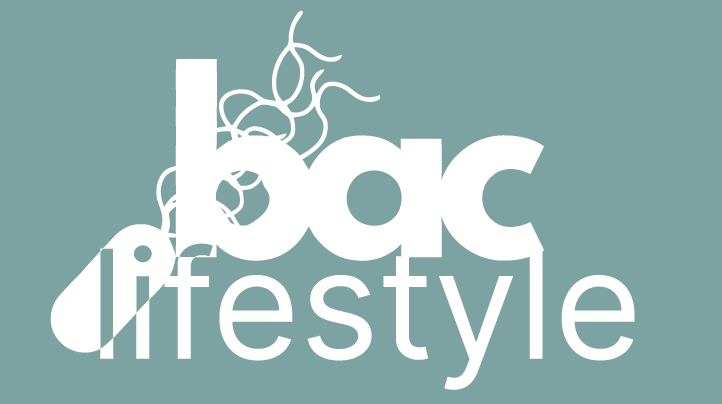The rapid emergence of genome editing tools based on CRISPR-Cas acquired immunity systems found in a large number of bacteria and archaea has represented the greatest revolution of the last decade in terms of targeted genetic manipulation of a wide variety of organisms, including plants and animals. However, the development of this technology has not progressed at the same pace in the groups of organisms from which it was obtained. Despite the vast variety of biologically, clinically, environmentally, and biotechnologically significant organisms among Gram-negative bacteria, advanced genomic editing methods have only been applied in a limited number of organisms, extensively in the model organism Escherichia coli. This proposal aims to “democratize” the application of CRISPR-Cas technology by developing a platform, DEMOCRISPR, which allows for the implementation of this methodology in a wide range of Gram-negative bacteria with minimal requirements. DEMOCRISPR is characterized by a modular organization that allows for easy evaluation of the functionality of different variants of each component of genome editing systems separately, and then assembling those variants that exhibit higher efficiency into an optimal editing system for the chosen host. Additionally, we will develop a second platform, VITROCRISPR, with which we will explore the possibility of transferring purified and assembled components of genome editing systems in the form of nucleoprotein complexes to hosts where genetic manipulation is not possible or is very inefficient. We expect that the implementation of the DEMOCRISPR platform will result in a rapid increase in the number of Gram-negative bacteria susceptible to manipulation using CRISPR-Cas-based systems, while the implementation of the VITROCRISPR platform could make genome editing techniques available for organisms for which genetic manipulation has not been possible until now.
Code
UPO-1264127
Funding Agency
Programa Operativo FEDER Andalucía 2014-2020

Duration
2019-2020
Principal Investigators
Fernando Govantes Romero

